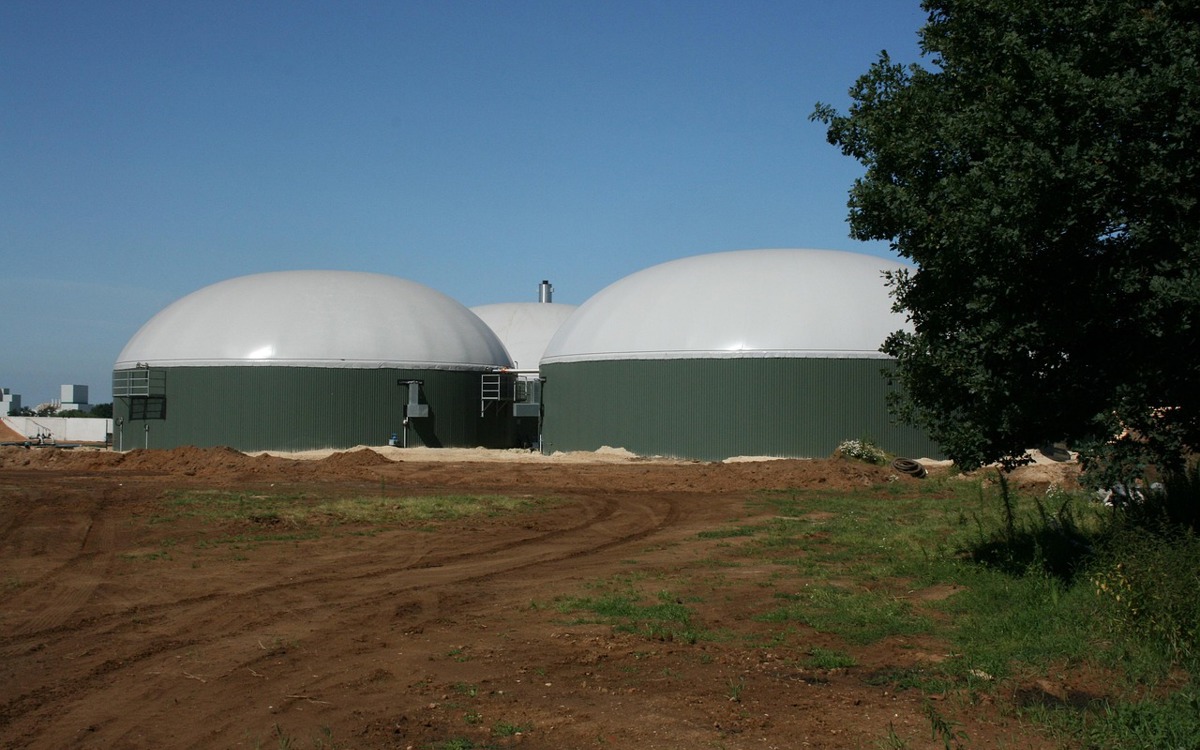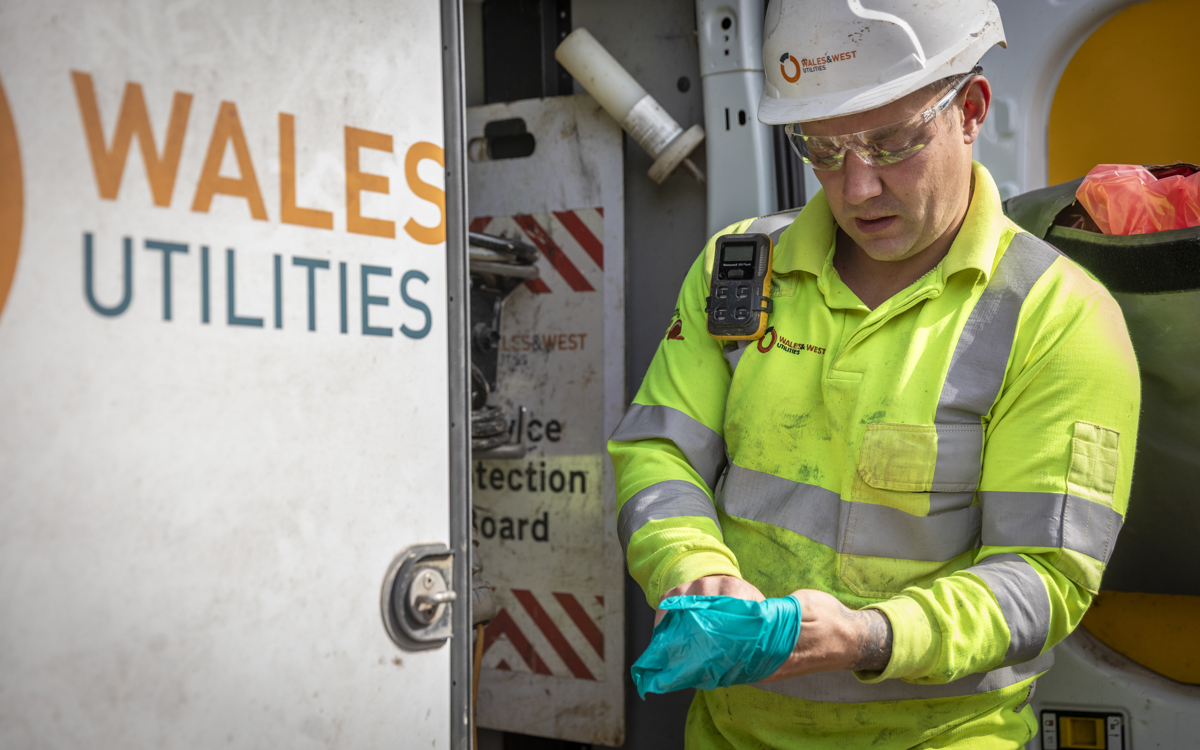Blending biomethane

Blending for a Greener Future
We've supported customer plans to install the first blending tee on our network, designed to reduce the amount of propane needed to enrich the biomethane to industry standards. The Enfield biomethane site, operated by Engie since 2015, is pioneering a smarter, more sustainable way to inject renewable gas into the UK’s energy grid.
Biomethane, a renewable gas produced from organic waste, is a vital part of the UK’s journey to net zero. But to meet current billing standards, it often needs to be enriched with propane—a fossil fuel—before it can be injected into the gas network. This process not only adds cost but also undermines the environmental benefits of biomethane.
At Enfield, the team saw an opportunity to do things differently.

The Enfield site is perfectly positioned to blend biomethane with natural gas. By mixing the two streams, the overall energy content (Calorific Value) of the gas remains within acceptable limits—without the need for constant propane enrichment.
To make this blending process more efficient and reliable, the project introduced a Teeblender—a smart, unidirectional device supplied by nZERO Group. This technology ensures a consistent and even mix of gases, avoiding the risk of low-energy “slugs” of biomethane that could disrupt the network.

Environmental and Economic Impact
Modelling shows that with this approach, Enfield will only need propane enrichment for around 19% of the year, primarily during low-flow summer nights. That means 81% of the time, the site can operate without it—cutting emissions and operational costs significantly.
This isn’t just a win for Enfield. It’s a blueprint for the future of biomethane in the UK. By reducing reliance on propane, the project enhances the environmental credentials of renewable gas and makes it more financially viable for producers.
Customer Benefits
- Lower Carbon Footprint: Less propane means fewer fossil fuels in the system.
- Cost Savings: Reduced enrichment lowers operational expenses for producers.
- Scalable Solution: No changes to legislation or network codes are needed—making it easier to replicate across the country.
- Boosting Biomethane: More efficient blending could encourage new connections and investment in green gas.

Read cutting edge research from our team on the future of the energy system in the UK – and how we can deliver energy that is affordable, reliable and sustainable. We're keen to share our expertise and welcome new ideas that can support our journey.


